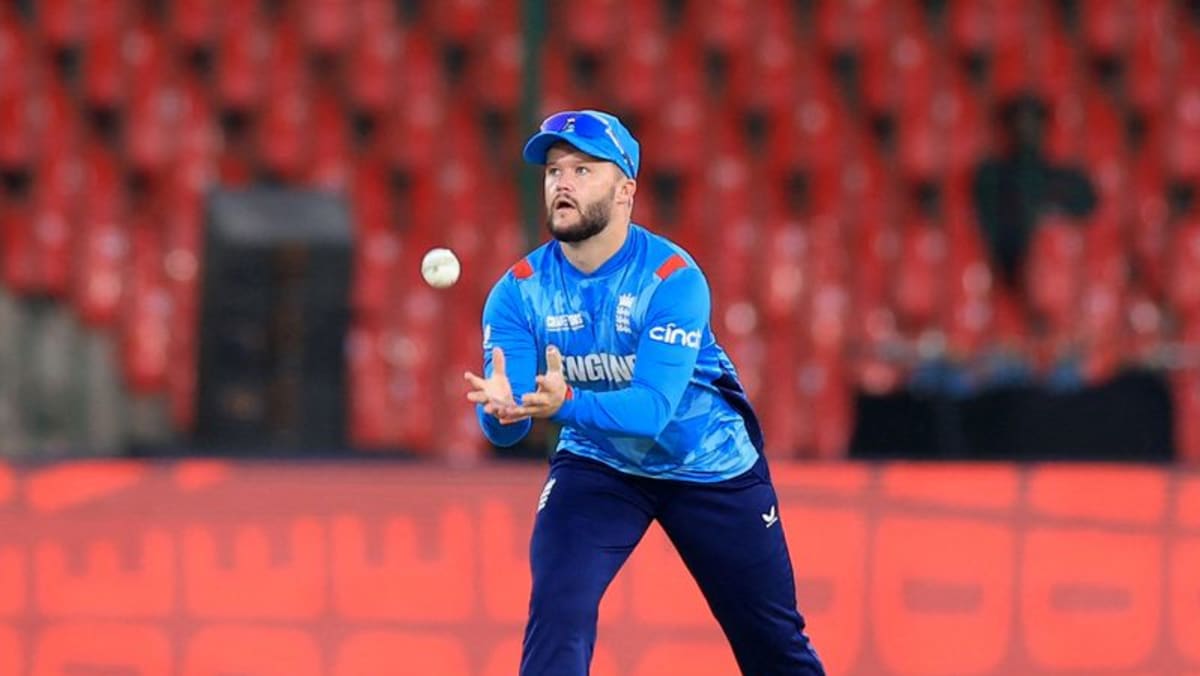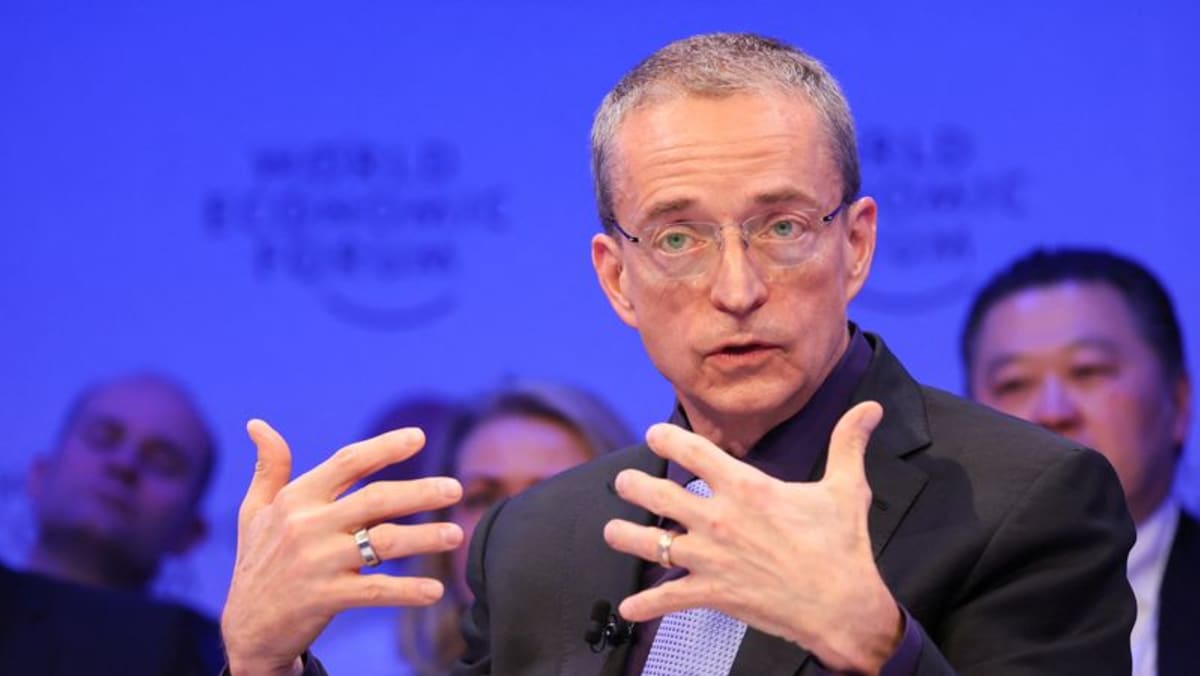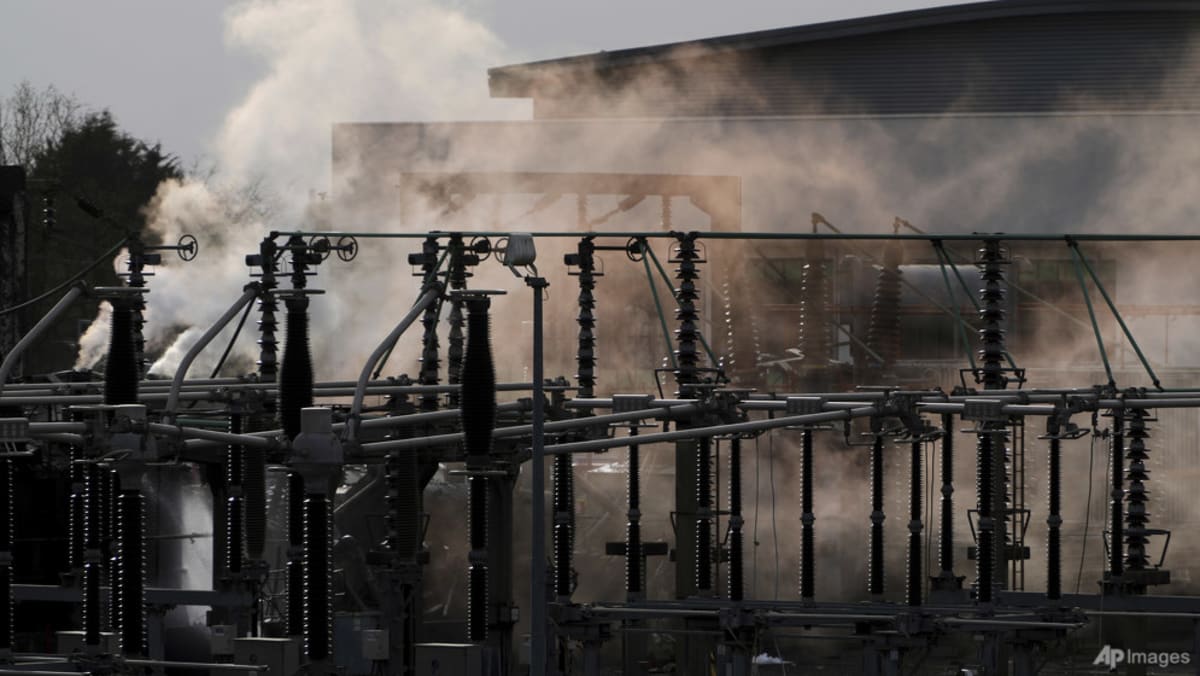Illinois and Ohio primaries 2024: Live results and analysis
California held its statewide primary for president and downballot races on March 5, but it still gets to join in on the March 19 fun. There’s a special election in the 20th Congressional District to fill the vacancy left by former House Speaker Kevin McCarthy, who resigned his seat at the end of 2023. The solidly red seat is all but guaranteed to elect a Republican, but the main question is whether the special will produce a winner today or necessitate a runoff.
That’s because California special elections don’t work exactly like its regular top-two primary elections. Instead, they operate similarly to Louisiana’s jungle primary system. All candidates, regardless of party, run together in a first round — the race happening today — and if one candidate wins a majority, that candidate is elected. But if no candidate wins a majority, a runoff takes place between the top two candidates. Should no one surpass 50 percent today, the two leading contenders will meet on May 21.
In some ways, the March 5 top-two primary served as a dry run for the special because the leading candidates in that race are also on the special election ballot. The favorite is probably Republican state Assemblymember Vince Fong, who led all candidates with 42 percent of the primary vote two weeks ago. Fong is viewed as McCarthy’s hand-picked successor, and he also has Trump’s endorsement. Fellow Republican Tulare County Sheriff Mike Boudreaux narrowly grabbed the second November spot with 24 percent in the primary, so he’s probably the second-most likely candidate to win or advance to a runoff. But in the primary, Boudreaux only ran a little ahead of Democrat Marisa Wood, who won 21 percent, so she could finish ahead of Boudreaux in the special. This is especially true considering that Republican turnout may not be as high today as it was on March 5 because the special won’t coincide with a much-watched GOP presidential primary.
Differences between the set of candidates running in the special and those who ran in the regular primary could also cause consequential shifts in vote share. Four minor Republicans not running in the special won about 5 percent in the primary, while a minor Democrat not running in the special won about 3 percent. Should this support line up more behind the leading contenders in each party, Fong would find himself closer to a majority to win outright, while Wood might overtake Boudreaux for the second spot in a potential runoff. Moreover, voters know how the primary result played out, so that could influence them to consolidate behind the leading candidates. Still, six other lesser candidates are on the special election ballot, so even if they don’t win much of the vote, what share they do take could still help influence the special’s outcome.
—Geoffrey Skelley, 538
Source: abc news















